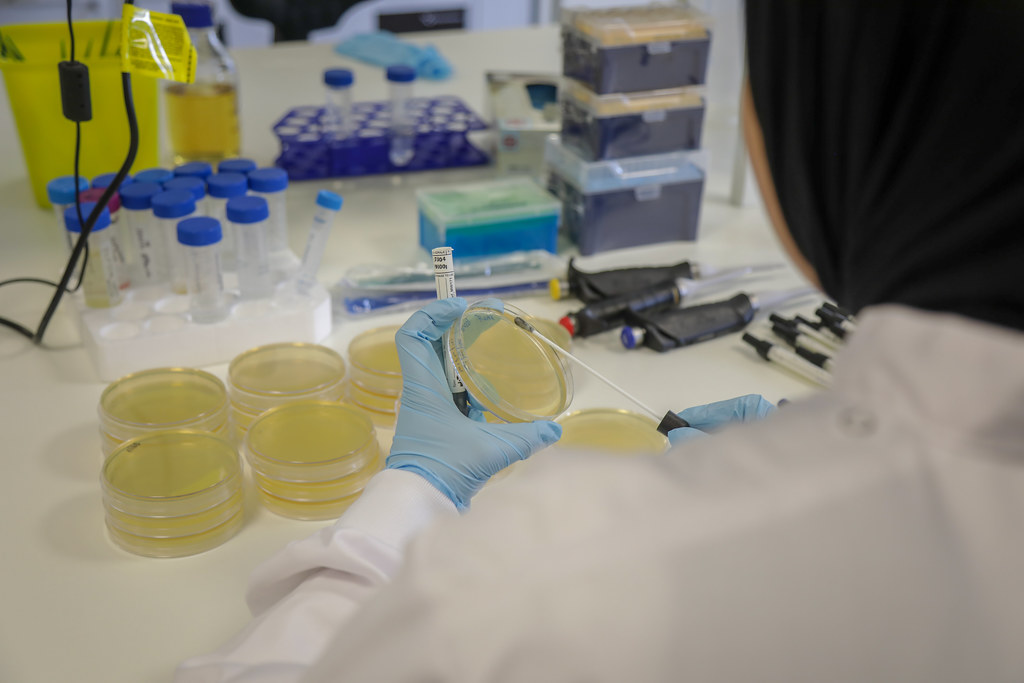About Us
Active?
Facet Toggle
June 27, 2022
While there have been high-level commitments from the World Health Assembly, the United Nations General Assembly (UNGA), the G20, and the G7 to tackle AMR, there has yet to be a fundamental change in how we purchase antimicrobials, or an international approach to improving access, fostering innovati...
July 31, 2017
Many low-and lower-middle-income countries currently procure a large portion of their health commodities through centralized, donor-managed procurement mechanisms, and often at subsidized prices or as donations. Over the next several decades, however, the landscape of global health procurement will ...
September 15, 2016
CGD and IRC are convening a joint study group to explore what a sound partnership framework between host governments and development and humanitarian actors might look like in protracted displacement scenarios. This effort is guided by a vision of displaced people having meaningful opportunities tha...
April 20, 2015
The Energy Access Targets Working Group will assess the current common definition of “modern energy access” and propose possible alternative targets. With at least a billion people worldwide living without electricity, and many millions more held back by blackouts and high costs, im...
November 18, 2014
Transparency in government contracting has gained increasing international support over the past years. Some countries, including the Slovak Republic, Colombia and the United Kingdom, have begun publishing online the complete text of government contracts.
Publishing government contracts can bring m...


